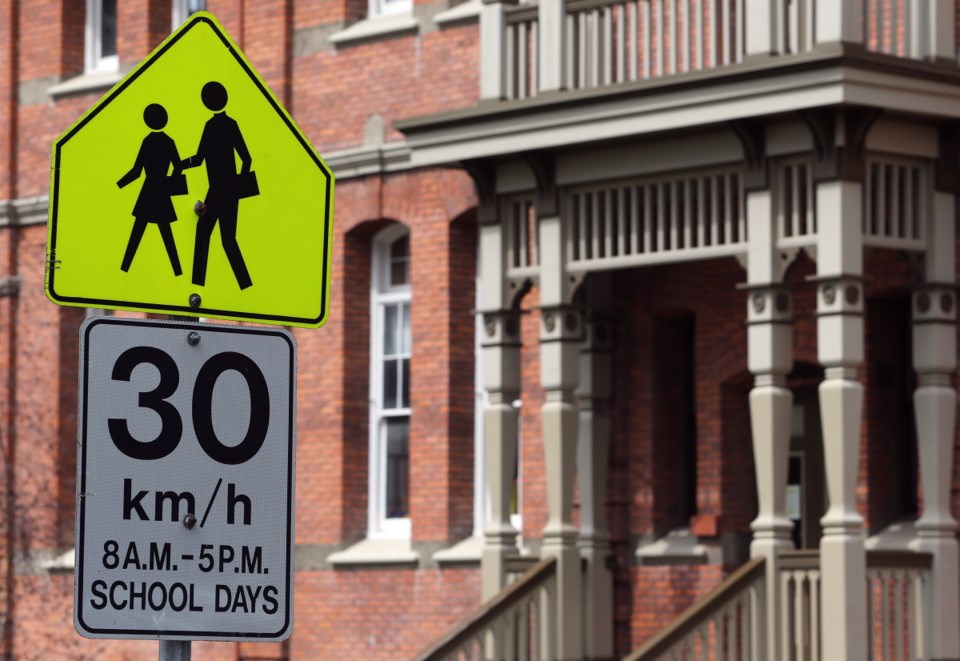The B.C. government is once again telling cash-strapped school boards that they will have to pick up the tab for any wage increases for custodians, bus drivers, education assistants and tradespeople.
The directive comes amid a threat from unionized support staff that they could go on strike in the fall if they don’t get a deal that includes a pay raise.
School trustees rose up against a similar directive last December, and the government backed away in the lead-up to a provincial election.
Saanich board chairman Wayne Hunter and Greater Victoria board chairwoman Peg Orcherton confirmed Monday that districts have been told again to find money for any negotiated increases with support staff.
“I don’t see us getting out of it,” Hunter said.
Orcherton said her board still has to meet to decide what direction to take, but she acknowledged that the government wants to download wage costs onto districts. “So, [it’s] difficult times,” she said.
Support staff and teachers are the only major employee groups that have yet to reach a deal under the province’s co-operative gains mandate, which requires employers and workers to find savings that will cover the cost of wage increases.
Support staff have been without a wage increase for four years and are seeking a raise of two per cent a year over two years, in line with what workers in other sectors have received.
The last agreements expired more than a year ago.
The Canadian Union of Public Employees, which represents 27,000 support staff, launched an ad campaign Monday to press its case. Bargaining is slated to resume next week, and the union continues to threaten a walkout this fall unless a deal is reached.
The government did not make anyone available for an interview, saying it prefers to discuss issues at the bargaining table.
Peter Cameron, the government’s chief negotiator, said in an earlier statement that he remains hopeful the two sides can avoid job action.
Vancouver board chairwoman Patti Bacchus said districts had been waiting for the government to come forward with a reasonable mandate.
“However, in the last few weeks, we’ve been advised very bluntly by government and our negotiator that if there is an increase negotiated with CUPE, boards will have to come up with savings to cover all of that. There’s no money coming from the province.”
Bacchus said that’s a “huge concern” to school boards that have already adopted operating budgets for the year and have made repeated cuts over the past decade.
“The reality is that school boards cannot keep absorbing these costs if they’re not funded [by government],” she said.
Boards reacted angrily earlier this year after former education minister Don McRae instructed them to find savings for support staff. He later relented, but said the money would have to come from somewhere.
“You have indicated to me quite clearly that in light of budget uncertainties and the timing of district budget processes that savings cannot be generated without either reducing service levels or transferring costs to the public,” he said in a January letter to the boards. McRae said he would pass that information along to Finance Minister Mike de Jong.
Bacchus said the only change she can see is that the new directive no longer prohibits boards from cutting services or transferring costs to the public.
“That very prescriptive list of rules that we had last winter has been changed to: ‘Must not impact the delivery of core services,’ ” Bacchus said. “But they’ve even declined to define what that means; they’re saying it’s up to boards.
“So I’m assuming we can’t cancel Grade 3, but it leaves pretty well everything — other than very core services — on the table.”



